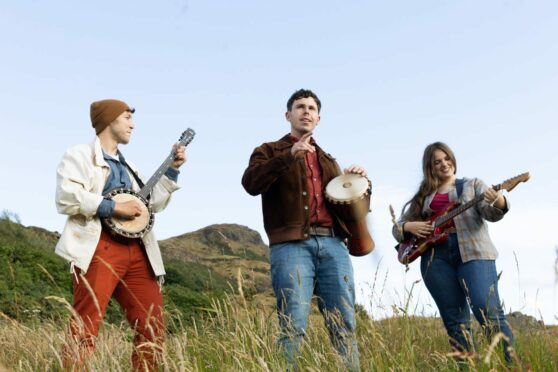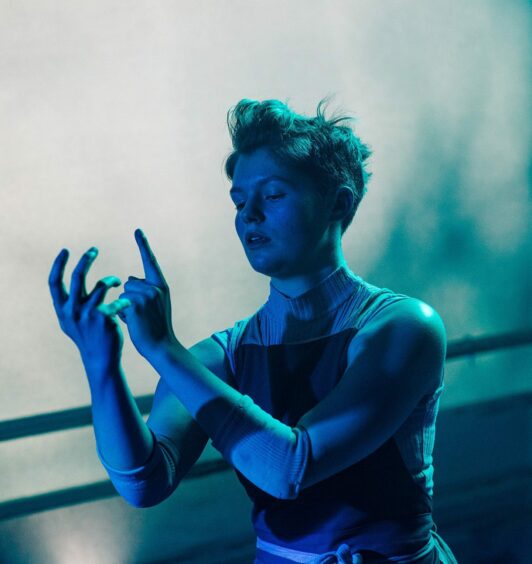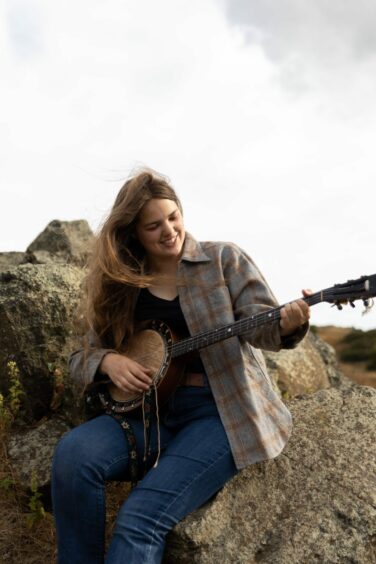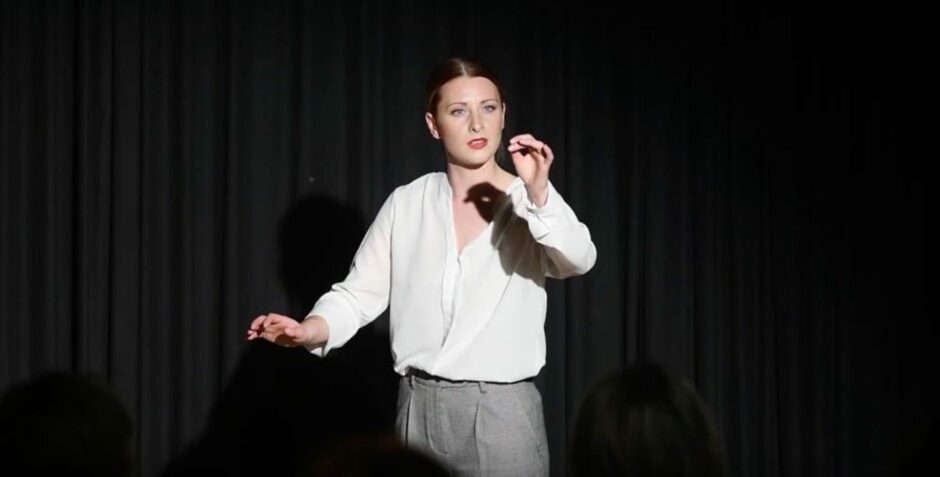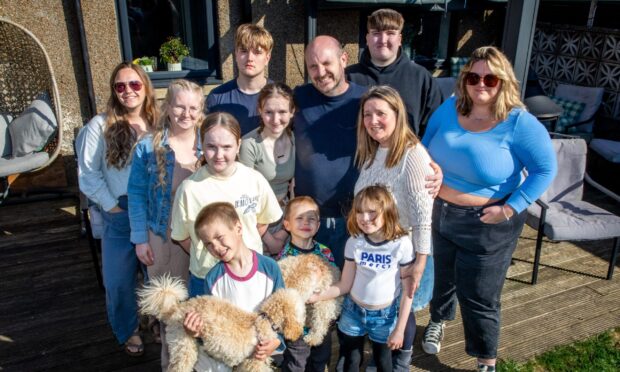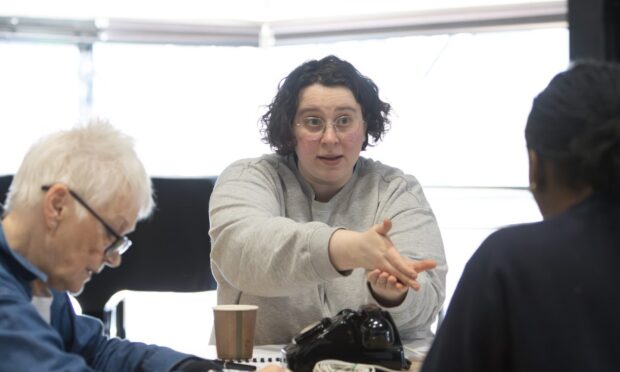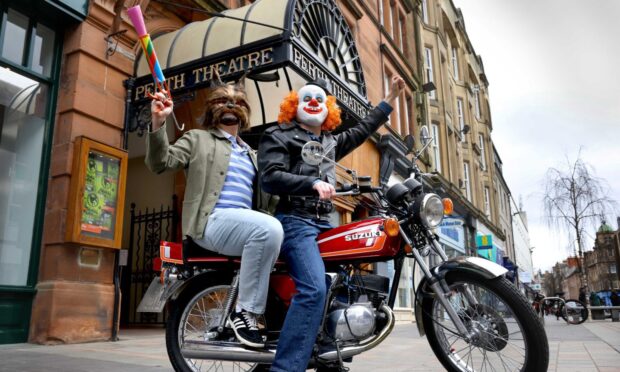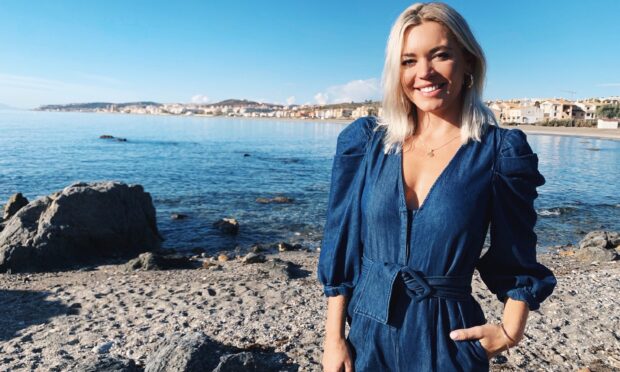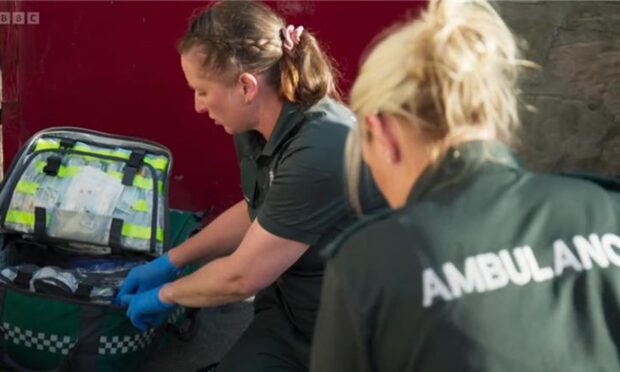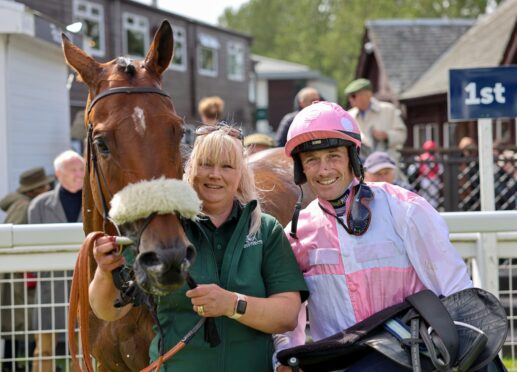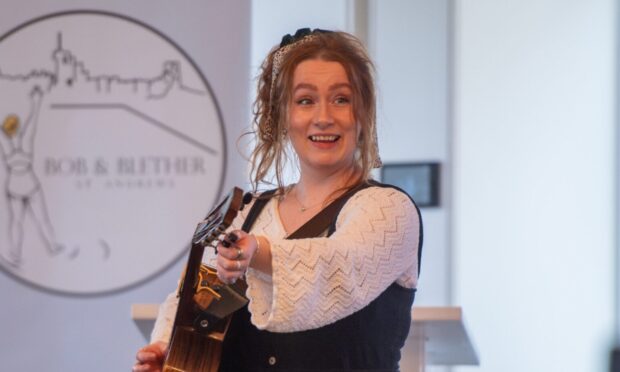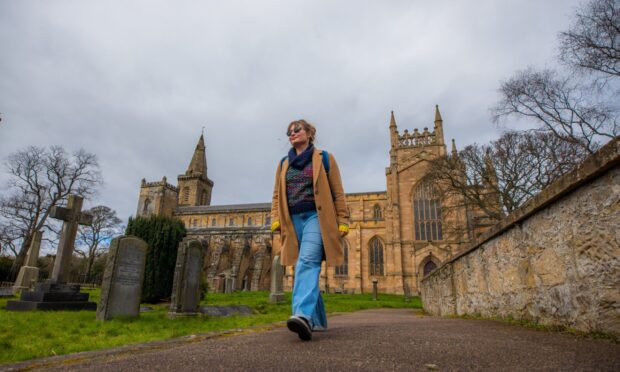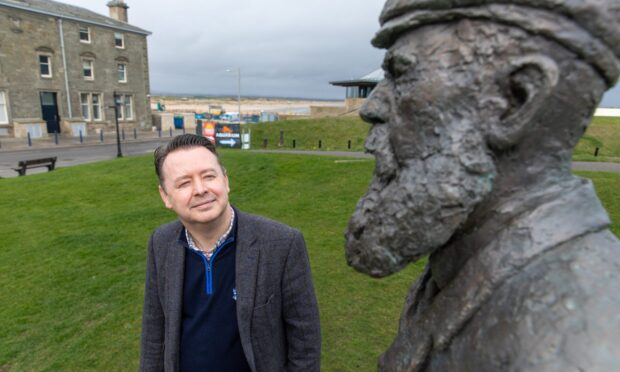Scotland welcomes back the Scottish International Storytelling Festival this October. Gather around, join in the ceilidh and experience a living flow of song, music, dance, story and wordplay.
-
Some Courier online content is funded by outside parties. The revenue from this helps to sustain our independent news gathering. You will always know if you are reading paid-for material as it will be clearly labelled as “Partnership” on the site and on social media channels,
This can take two different forms.
“Presented by”
This means the content has been paid for and produced by the named advertiser.
“In partnership with”
This means the content has been paid for and approved by the named advertiser but written and edited by our own commercial content team.
Return of the Scottish International Storytelling Festival
The Scottish International Storytelling Festival, running from 14-31 October 2022, invites storytellers and lovers of tales to attend this world-famous event. With this year’s theme of ‘Keep it Lit‘, the festival encourages attendees to gather round the symbolic ‘hearth’, where experiences and memories are shared, and to pass on the torch of oral storytelling.
Young storytellers take on ancient tradition
The festival is proud to present Interpreting Scotland as one of its main storytelling strands. In the face of an ever changing political and socioeconomic landscape, how does Scotland shape its sense of self? As stated by the Scottish Storytelling Centre: “A story shared is a trouble eased”. Throughout the festival, creatives from within and beyond the storytelling community come together to shape stories that matter for Scotland. This series features performances by some of the industry’s most exciting rising stars.
Ailsa Dixon uncovers something magical
Ailsa Dixon is a young powerhouse of the storytelling scene. With an impressive background marked by studies at the University of Edinburgh, a three year apprenticeship with the Scottish Storytelling Centre under the mentorship of Tom Muir, and a lifelong love of folk culture.
Dixon describes her first exposure to folk-style storytelling: “I first became interested in storytelling when I was about 14. I saw a folk singer that I really love called Karine Polwart. She was singing songs and then stopped to tell a story and I thought ‘Oh my god! That’s a thing people do? That’s so cool!’.”
It was during that performance that Dixon first heard one of the traditional Scottish tales that she now incorporates into her repertoire.
At the storytelling festival this autumn, Dixon will perform alongside a troupe as part of the Interpreting Scotland series in its opening production, entitled ‘Speak out the other’.
Dixon says the storytelling performance is “centred around stories of the faerie and ‘other world’, and ‘otherness’… we are drawing out queer themes from these old faerie stories. It’s all about trying to find your place in the world; whether you’re searching for something different, or carving out something for yourself in a place that already exists”.
‘Speak out the other’ navigates the mystery of emergence, blending storytellers’ voices with music as a testament to belonging, becoming, and the ‘otherness’ of queer identities which permeate Scottish myth. Witness Dixon’s storytelling and musical magic as she performs ‘Speak out the other’ and other folk-inspired stories throughout the festival.
Don’t miss ‘Speak out the other’, featuring Mark Borthwick, Ailsa Dixon and David Hughes on Friday 14 October at 7.30pm.
Shona Cowie moves beyond words
From a childhood in Alloway to mime school in Paris, it seemed that Shona Cowie was destined to find a way to connect people with the ethereal. Growing up in a rural town with a history steeped in witches and magic, Cowie didn’t always know the extent of her passion for storytelling.
According to Cowie, it wasn’t until she moved to London to attend drama school before she fully realised her Scottish roots and her wealth of folk-inspired stories to share. As she grew artistically and creatively, Cowie began to employ movement as part of her storytelling repertoire. Passionate about communicating beyond words to connect and reach people on a human level, she immediately saw results:
“The effect of using storytelling in community context and social context was immediate. It plugged you into the emotional bond with the people you are working with…. you could begin exploring human experiences in a safe way.”
Indeed, Cowie believes that storytelling has power beyond words. In storytelling, Cowie states: “There is a primal sense of connection, safety, and love.”
This ethereal and human connection formed from storytelling has practical benefits too. In her ‘Careering’ performances, Cowie gives career advice to young people through her art of storytelling. Cowie dares to ask: Why? Does it have to be done that way? Can it be done in a better way? What is it that we need to be protecting and preserving, and genuinely how can we prepare ourselves?
Deeply inspired and moved by the young storytellers she often performs with, Cowie questions if our way of preparing for the future of Scotland is sustainable in such an unpredictable landscape.
See Shona Cowie tell stories through movement and perform as part of a ‘Careering clinic’ on Tuesday 18 October (multiple performances) and a show called ‘Careering’ on Friday 28 October at 3pm.
Keeping it lit
Steadily growing each year, the Scottish International Storytelling Festival highlights one of Scotland’s greatest traditions. With over 240 events, it is set to be the world’s largest storytelling festival. Anchored at the Scottish Storytelling Centre in Edinburgh but also taking place in regional venues, the festival offers affordable tickets to the events, making it more accessible than ever. There is a dedicated online programme of events that allow virtual attendance from the comfort of your home, sharing stories from Scotland to audiences across the globe.
See the full programme of performances and venues and learn more about this must-see festival.
